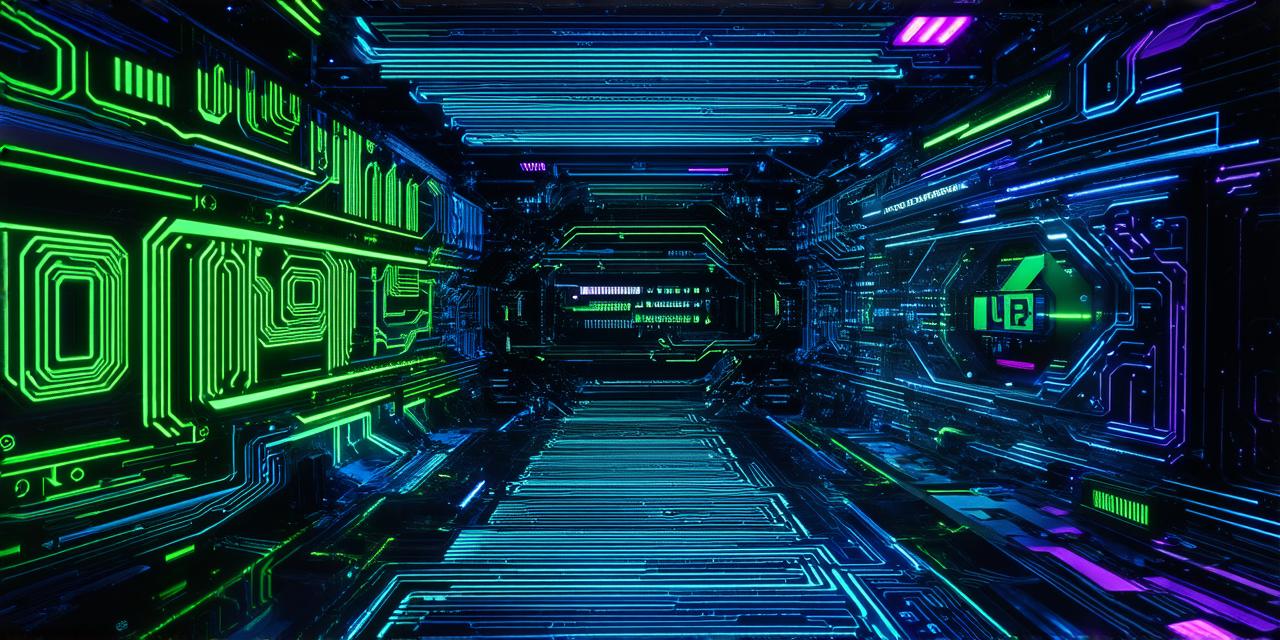NFTs, or non-fungible tokens, have been gaining popularity in recent years as a way to represent ownership of digital assets, such as art and collectibles. They offer a unique way for creators to monetize their work and provide value to their fans.
In addition to their use in art and collectibles, NFTs can also be used to create games that are both fun and engaging.
Types of NFT-based games
There are several different types of games that can be created based on NFTs. These include:
- Collectible games: In these games, players collect and trade NFTs representing various characters, items, or other in-game assets. The value of the NFTs is determined by supply and demand, and players can use them to gain access to exclusive content or other benefits within the game.
- Role-playing games: These games allow players to create and customize their own characters using NFTs representing various items and equipment. Players can then use these characters to explore the game’s world and engage in different activities, such as battling monsters or completing quests.
- Strategy games: In these games, players collect and trade NFTs representing different units or cards that they can use to build their armies and engage in battles with other players. The value of the NFTs is determined by their rarity and power, and players can use them to gain an advantage in the game.
- Adventure games: These games allow players to explore a virtual world using NFTs representing different items and equipment that they can collect and trade as they go. The value of the NFTs is determined by their rarity and usefulness, and players can use them to gain access to exclusive content or other benefits within the game.
Tools and platforms for creating NFT-based games
There are several tools and platforms available for creating NFT-based games. These include:
- Ethereum: Ethereum is a decentralized platform that allows developers to create and deploy NFTs. It is the most popular platform for creating NFT-based games, as it offers a wide range of tools and libraries for building and managing NFTs.
- Binance Smart Chain: Binance Smart Chain is another decentralized platform that allows developers to create and deploy NFTs. It is faster and cheaper than Ethereum, making it a good option for games with high transaction volumes.
- Flow: Flow is a blockchain platform designed specifically for gaming and digital assets. It offers fast and low-cost transactions, making it a popular choice for games that require quick and reliable asset transfer.
- Unity: Unity is a game engine that allows developers to create and deploy NFT-based games on a variety of platforms, including web and mobile. It offers a wide range of tools and plugins for building and managing NFTs within the game.
Best practices for launching and promoting your NFT-based game
To successfully launch and promote your NFT-based game, it’s important to follow these best practices:
- Create a strong marketing plan: Your marketing plan should include a mix of traditional and digital channels, such as social media, email marketing, and influencer partnerships. It should also include a clear message about the value of your NFTs and how they will enhance the gameplay experience.

